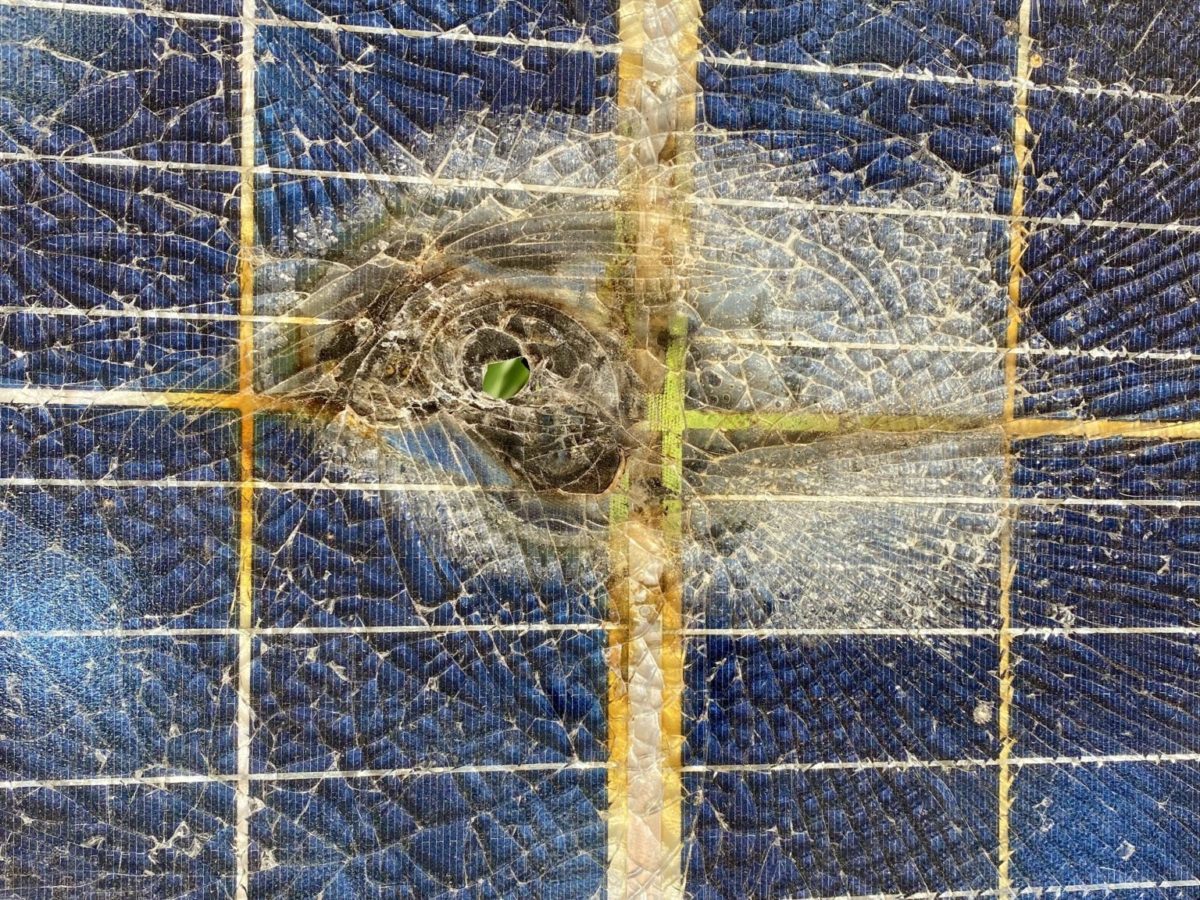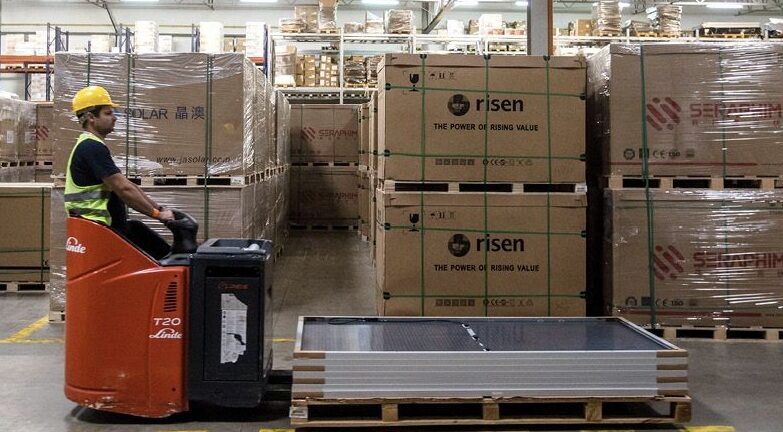From pv magazine Brazil
SunR began offering PV panel recycling services in Brazil this year, especially to product distributors and systen integrators. Since the beginning of 2021, the company has received 30 tons of panels and expects to receive another 125 tons that should be sent for recycling or proper disposal. Altogether, there are more than 100 disposal requests from all over Brazil, representing a demand of 300 tons.
Although most of the PV systems in Brazil have been installed in the last five years, there is already considerable demand for recycling, mainly for products that suffered accidents, which can occur from transport to post-installation, or that have not passed quality tests.
SunR estimates that for 500,000 tons of panels installed in the country – considering 9 GW installed – 40 thousand tons of discarded materials have been generated. SunR founder and CEO Leonardo Gasparini puts the market value of the material at some R$20 million (US$3,8 million, approximately). “One of the main problems in Brazil is inadequate disposal, not the offer of recycling,” he told pv magazine, noting that recycling is a more adequate and cheaper solution than landfilling or incineration “The biggest challenge, however, is the logistics.”
The company is betting on closing partnerships with integrators that provide deinstallation services and may also start offering reverse logistics. This would enable the reduction of logistic costs of both services, thus lowering the final price for the consumer. The material collected would generate revenue from the sale of its components.
SunR began to be strategically structured in January 2020. Gasparini said that he was impressed with the numbers and growth of the Brazilian market after attending an edition of the Intersolar exhibition in São Paulo. “I left thinking about what would happen to all these modules in a few years,” he explained. “I worked with R&D for EVs and decided to research this topic. I found PV Cycle, which is a network of researchers with the aim of encouraging the recycling of panels. And studying more, I realized that this demand already existed in the country.”
The company is headquartered in Vinhedo, Sao Paulo, where it partially disassembles the panels and recovers aluminum and copper cables, corresponding to approximately 19% of the composition of the panels. “The biggest challenge is removing the glass, which adds weight and makes it difficult to ship the materials,” said Gasparini. In addition to photovoltaic modules, the company also receives inverters, trackers and other equipment from solar generation systems.
Approximately 70% of the panel's weight is glass and 18% is aluminum. The panel also has recyclable materials such as plastic, silicon, copper, silver and tin.
Currently, there is no specific regulation or recycling policy for the solar sector in Brazil. What exists is the National Solid Waste Policy (PNRS) and Decree 10,240, which regulates the reverse logistics of electronics in Brazil and which includes PV panels among the products that are subject to reverse logistics. “This is a topic that is being discussed in the sector, if it makes sense to include photovoltaic panels in a rule that applies to computers or washing machines,” Gasparini stated.
This content is protected by copyright and may not be reused. If you want to cooperate with us and would like to reuse some of our content, please contact: editors@pv-magazine.com.



By submitting this form you agree to pv magazine using your data for the purposes of publishing your comment.
Your personal data will only be disclosed or otherwise transmitted to third parties for the purposes of spam filtering or if this is necessary for technical maintenance of the website. Any other transfer to third parties will not take place unless this is justified on the basis of applicable data protection regulations or if pv magazine is legally obliged to do so.
You may revoke this consent at any time with effect for the future, in which case your personal data will be deleted immediately. Otherwise, your data will be deleted if pv magazine has processed your request or the purpose of data storage is fulfilled.
Further information on data privacy can be found in our Data Protection Policy.